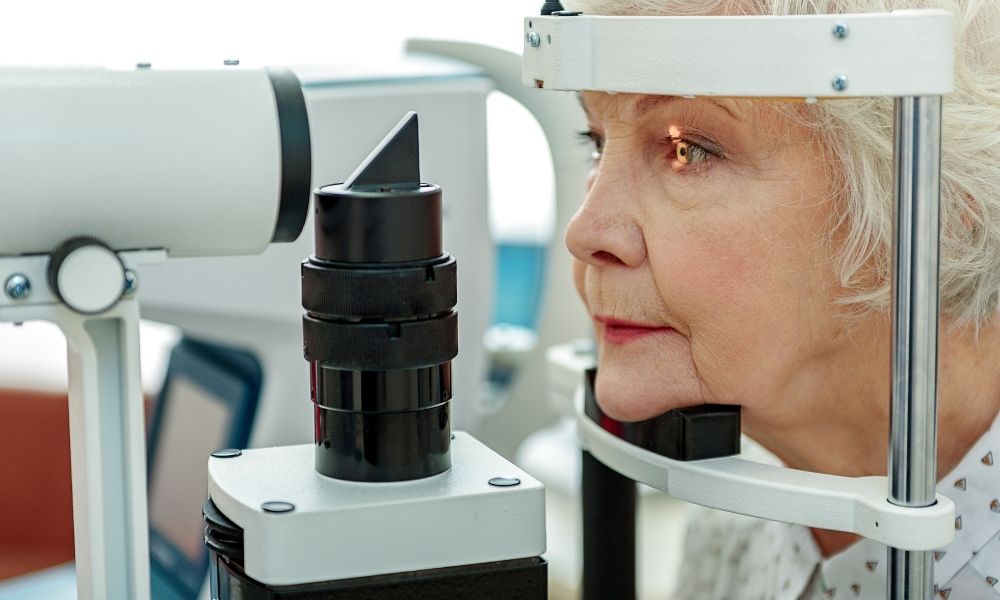Ever found yourself squinting at the tiny print on the back of your cereal box, or perhaps struggling to make out the face of a distant friend? You’re not alone. Every day, people discover they may not be seeing as clearly as they should be. As a buffalo grove optician, I often find myself explaining the nuances of common eye conditions. In this blog, we’ll walk through some of the most frequently diagnosed conditions and decode the jargon, one simple sentence at a time.
Myopia
Imagine being in a foggy city. The skyscrapers are blurry, but the street vendors are clear. That’s myopia. It’s commonly known as nearsightedness. When the eyeball grows too long, it causes distant objects to appear blurred.
Hyperopia
Now, picture being in a vast desert. You can see the horizon clearly. But the cactus next to you, it’s a blur. That’s hyperopia. Also known as farsightedness, it happens when the eyeball is too short. Close objects appear fuzzy while distant ones remain clear.
Astigmatism
Ever looked into a funhouse mirror? Objects look stretched or compressed, right? That’s exactly what astigmatism does to your vision. It’s caused by an irregularly shaped cornea, making things seem distorted or blurry.
Presbyopia
Think of a book. As you age, it’s harder to read the print. You might need to hold it further away. This is presbyopia. It’s an age-related condition. It’s not about the eyeball length or cornea shape – it’s the lens growing stiff and losing flexibility.
Conclusion
If you find yourself relating to any of these scenarios, know that you’re not alone. More than half the world suffers from one or more of these conditions. The good news is that they’re easily diagnosed and managed. Paying a visit to your local buffalo grove optician could be the first step towards clearer vision. Remember, your eyes are your windows to the world. Let’s keep them clear and sharp.













Comments